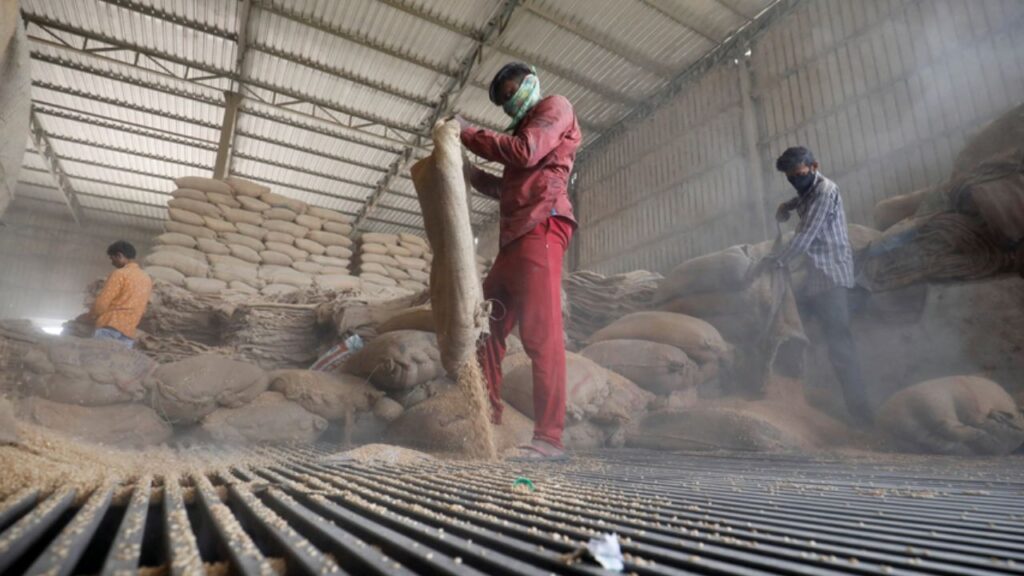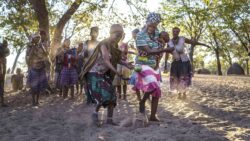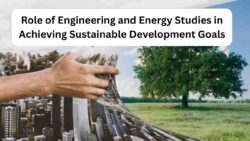Africa continues to face critical challenges in achieving food security for all. With rising populations, unpredictable climate patterns, and fragmented agricultural infrastructure, millions of people remain vulnerable to hunger and malnutrition. To address these interconnected issues, the ARISE II (Africa Regional International Staff / Student Exchange) Programme is spearheading a powerful academic movement that links research, education, and regional cooperation — all with the goal of achieving long-term food resilience.

The ARISE II Programme is specifically designed to promote staff and student mobility in fields such as Agriculture, Food Security, Health Sciences, Engineering, and Energy. Through academic exchanges between partner universities across Africa, the initiative fosters collaborative research, technical training, and the development of innovative, Africa-specific solutions to complex issues like food insecurity.
Research-Driven Mobility to Strengthen Agricultural Systems
One of ARISE II’s core missions is to enhance local expertise in sustainable agriculture. By offering mobility opportunities for Master’s and PhD students, as well as short-term staff exchanges, the programme encourages hands-on research that tackles regional food challenges.
Students working within ARISE II explore critical areas such as:
-
Soil health and land restoration
-
Crop diversification and drought resistance
-
Pest and disease management
-
Agroforestry and climate-smart farming
-
Nutrition-focused food production
These academic exchanges are not limited to classrooms. Scholars engage in fieldwork, data collection, and local partnerships, ensuring that their research has direct applications in communities where food security remains fragile.
Promoting Regional Collaboration for a Sustainable Future
A key strength of ARISE II lies in its cross-regional cooperation. Participants from East, West, Central, and Southern Africa work together to share knowledge and align agricultural strategies. For example, a researcher from Malawi might collaborate with colleagues in Nigeria to develop low-cost irrigation systems. At the same time, agricultural specialists from Kenya could be testing seed resilience alongside partners in Zambia.
This model not only builds strong academic networks but also encourages policy harmonization, innovation scaling, and community engagement across the continent. It ensures that solutions developed in one region can be adapted and replicated in others.
Moreover, by connecting agriculture with health and energy disciplines, ARISE II takes a comprehensive approach to food security. Nutrition, food storage technology, renewable energy for farming, and public health interventions all play a role in creating sustainable food systems — and ARISE II encourages research that reflects this holistic vision.
Empowering Local Communities and Future Leaders
ARISE II goes beyond academics by focusing on equity and social inclusion. The programme actively supports female scholars, researchers from disadvantaged backgrounds, and communities that are directly affected by food insecurity. By ensuring equal access to mobility opportunities, ARISE II empowers a new generation of African leaders who are equipped to bring about lasting change.
These participants return to their home countries not just with degrees, but with the skills, partnerships, and research insights needed to influence agricultural policies, develop local enterprises, and train others.
In conclusion, ARISE II is redefining the role of academic mobility in Africa’s development. By targeting food security through interdisciplinary education, research, and inclusive partnerships, the programme creates real-world impact that extends far beyond the university campus. It helps shape a future where African-led solutions feed African communities — sustainably, effectively, and with pride.




